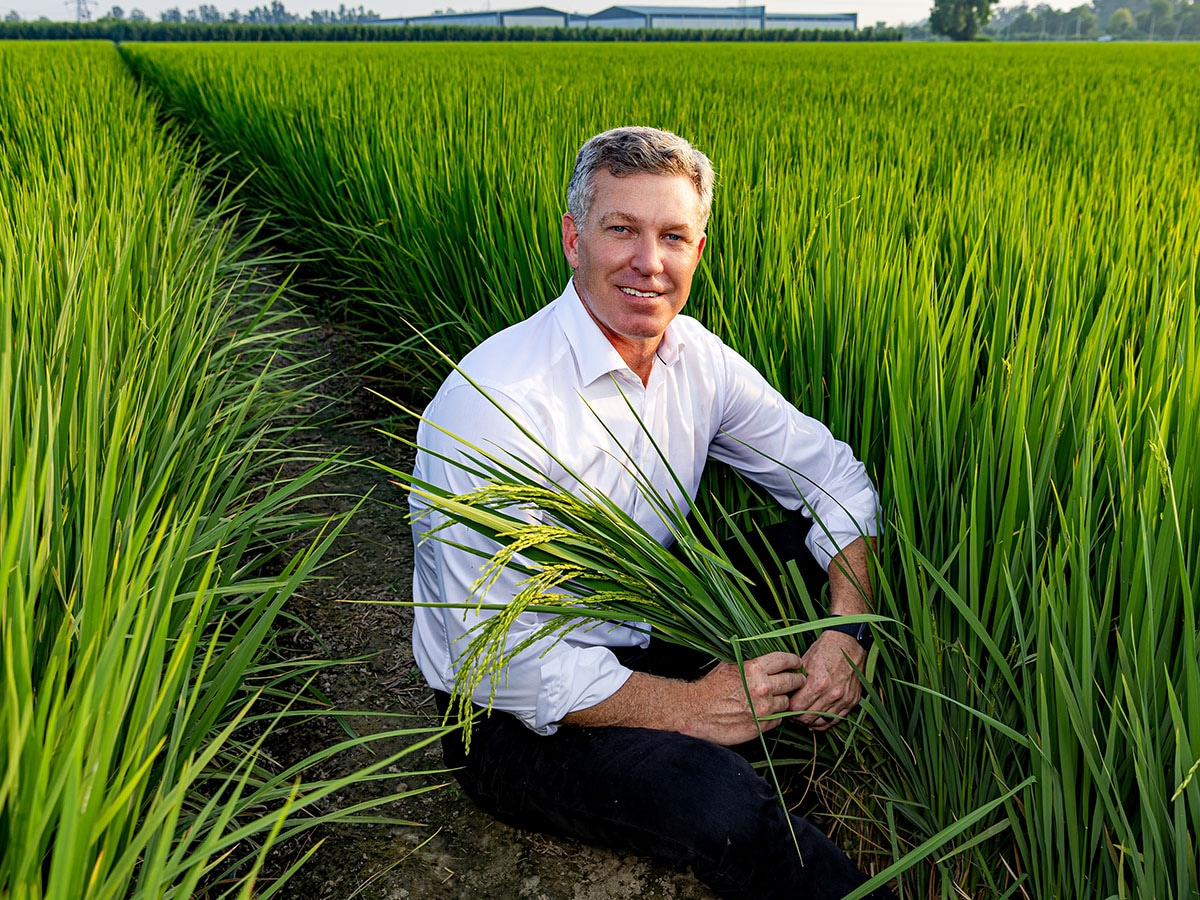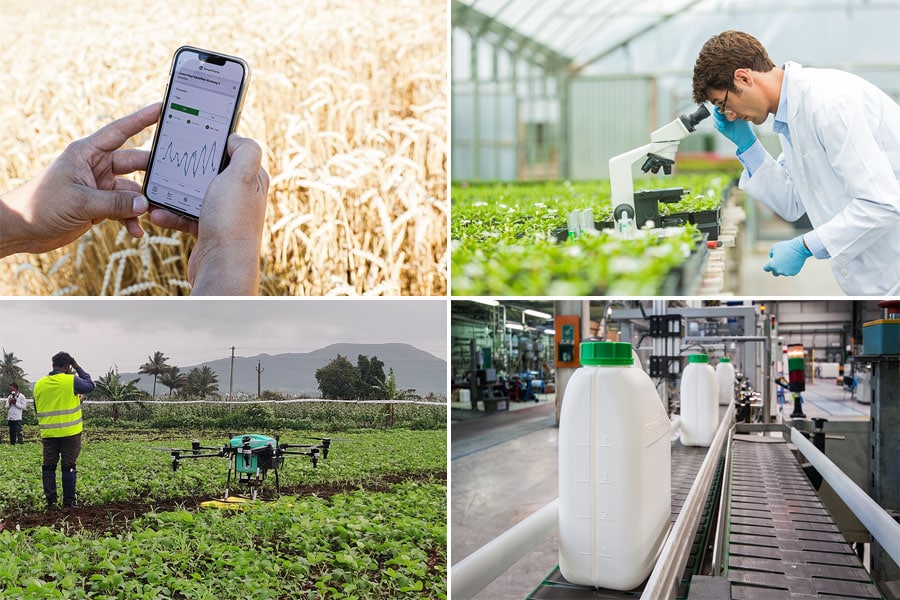
Data is the new tractor for agriculture: Jeff Rowe, CEO, Syngenta Group
Global agri-tech company Syngenta's new global CEO Jeff Rowe talks about why India is a key market, R&D investments, competitive strategy and more
 Jeff Rowe, CEO, Syngenta Group; Image: Madhu Kapparath
Jeff Rowe, CEO, Syngenta Group; Image: Madhu Kapparath
Jeff Rowe spent much of his childhood around farmlands in Princeton, Illinois. One morning, while working on the farm at the age of 14 and moving bales of hay, the forklift malfunctioned and bent. Overwhelmed by the unexpected problem, Rowe called his father for guidance. His father's response was straightforward and uncompromising: “Fix it.” “You couldn’t Google it back then. You just had to figure it out,” recalls Rowe. It was his experience on the farm that taught him this ‘figure it out’ mentality. “Looking back, it was a blessing to have those opportunities, because I didn’t always fix it right, but I always learnt something from it,” he remarks.
Rowe has been working with Switzerland-based Syngenta, a global agricultural technology company for eight years, and became its global CEO in January 2024. Syngenta clocked in sales of $19,196 million in FY23 and has two main businesses—crop protection products and high-technology seeds. The company is present in India since 2000, and is one of the market leaders, particular in the crop protection business.
Rowe intends to leverage his farm experiences to guide his decision-making, focusing on practical and pragmatic solutions. “The way I think about running a business, in some ways, is a little bit like the way a farmer thinks about running a business too,” he says.
Rowe speaks to Forbes India during his first visit to the country as global CEO, about why India is a key market for Syngeta, global industry challenges and more. Edited excerpts:
Q. How key is India as a market for Syngenta?



















